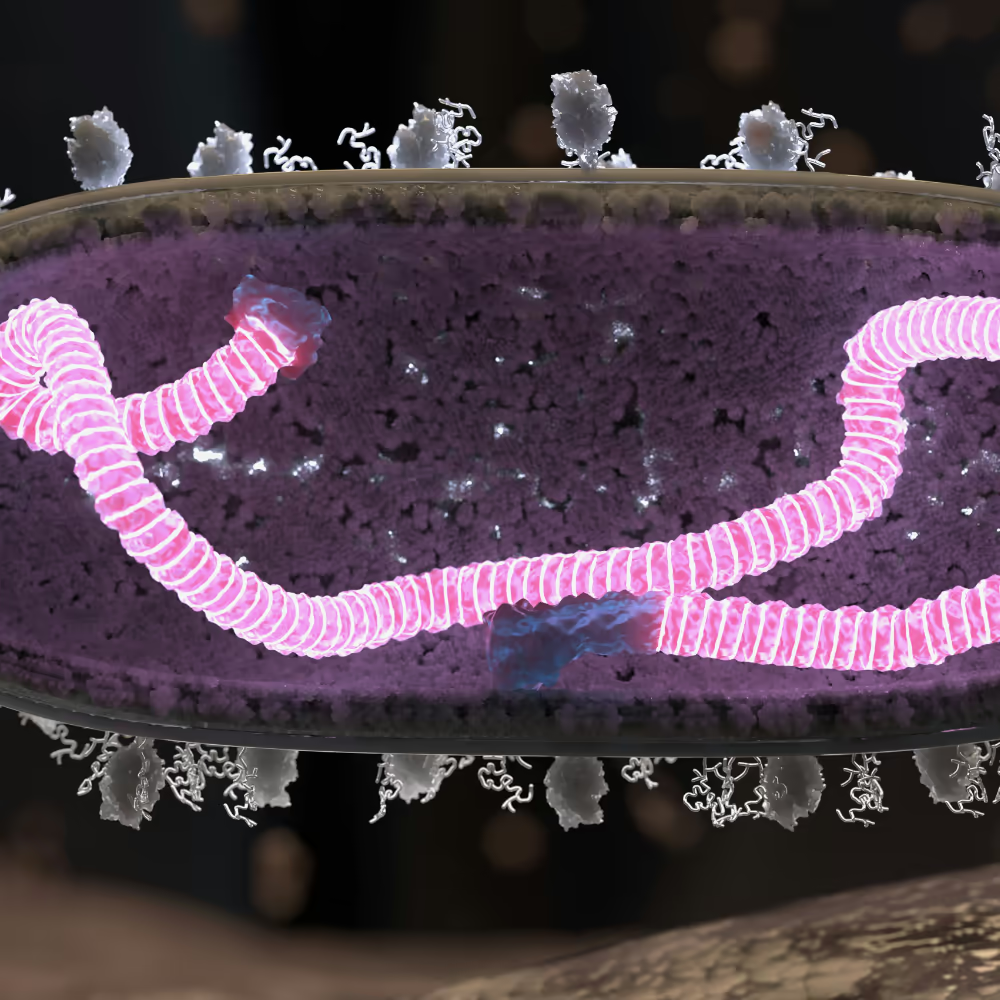Respiratory Syncytial Virus (RSV) in Children
What is RSV?
Respiratory Syncytial Virus (RSV) is a very common virus that causes cold-like symptoms in children. While most children recover fully within a week or two, RSV can sometimes lead to more serious lung infections – particularly in babies under one year, premature infants, and children with underlying heart, lung, or immune problems.
RSV is the most common cause of:
- Bronchiolitis – inflammation of the small airways in the lungs
- Pneumonia – infection of the lung tissue
Most children will have had RSV at least once by the age of two, and re-infections are common throughout life.
How is RSV spread?

RSV spreads easily through:
- Direct contact with an infected person’s saliva or nasal secretions
- Inhaling droplets from sneezes or coughs
- Touching contaminated surfaces (e.g. toys, doorknobs) and then touching the face
It typically circulates during the autumn and winter months, often causing outbreaks in schools and nurseries.
Who is most at risk of severe RSV?
While RSV can affect people of any age, babies under 12 months and children with the following conditions are at higher risk of severe disease:
- Prematurity
- Congenital heart disease
- Chronic lung conditions (e.g. bronchopulmonary dysplasia)
- Neuromuscular weakness or difficulty clearing secretions
- Immunodeficiency
What are the symptoms of RSV?
Symptoms usually appear 2 to 5 days after infection and may include:
- Runny nose or nasal congestion
- Fever
- Cough
- Wheezing or noisy breathing
- Shortness of breath
- Difficulty feeding (in babies)
- Apnoea (brief pauses in breathing), especially in premature babies
- Lethargy or irritability
In mild cases, RSV looks like a common cold. However, some children develop severe symptoms and may require hospital care.
When to Seek Medical Help
Call your GP, NHS 111, or seek urgent care if your child has:
- Fast or laboured breathing
- Flaring of the nostrils or chest indrawing
- Wheezing that doesn’t settle
- Poor feeding or reduced wet nappies
- Lethargy or excessive sleepiness
- Blue lips or tongue (call 999 immediately)
How is RSV diagnosed?
Diagnosis is usually based on symptoms and a physical examination. In some cases, a nasal swab may be done to confirm the virus. Tests like chest X-rays or oxygen saturation monitoring may be used in hospital settings if the child is unwell.
How is RSV treated?
There is no specific antiviral treatment for RSV in most children. Treatment focuses on relieving symptoms and supporting breathing. This may include:
- Keeping your child hydrated
- Using nasal saline drops or suction to relieve congestion
- Paracetamol or ibuprofen for fever or discomfort
- Oxygen therapy if needed
- Hospital admission for severe cases, especially in babies with difficulty breathing or feeding
Antibiotics do not work for RSV because it is a viral infection. However, they may be used if a bacterial infection (like pneumonia) is suspected.
Prevention of RSV
New protection options for babies:
The following are now available and recommended in the UK and many countries:
- Maternal RSV vaccination – protects the baby through the first few months of life
- Monoclonal antibody protection (e.g. Nirsevimab/Beyfortus) – a single injection given to babies under 8 months (or certain high-risk children under 2 years) before RSV season to reduce the risk of severe infection
General prevention tips:
- Wash hands regularly
- Avoid close contact with people who have colds or flu-like symptoms
- Keep babies away from cigarette smoke
- Clean toys and high-touch surfaces frequently
- Avoid crowded indoor spaces during RSV season if your child is vulnerable
Possible complications of RSV
While most children recover well, RSV can occasionally lead to:
- Hospitalisation for oxygen support or IV fluids
- Pneumonia or bronchiolitis (especially in babies under 6 months)
- Middle ear infections
- Link with asthma – severe RSV infection in infancy may increase the risk of asthma later in childhood
- Reinfection – RSV does not offer long-lasting immunity, and reinfections are common
Follow-up and monitoring
- Babies discharged from hospital after RSV should be reviewed by their GP or paediatrician
- Children with underlying conditions may need ongoing monitoring for lung health
Summary
- RSV is a common virus that affects almost all children by age two
- It usually causes mild cold symptoms but can cause serious breathing problems in babies and high-risk children
- Supportive care at home is often enough, but severe cases may require hospital treatment
- New preventive options (maternal vaccines and antibody injections) are now available for young babies
Located in London | Infants to young adults seen
Request a referral or book an appointment with Professor Gupta today.
